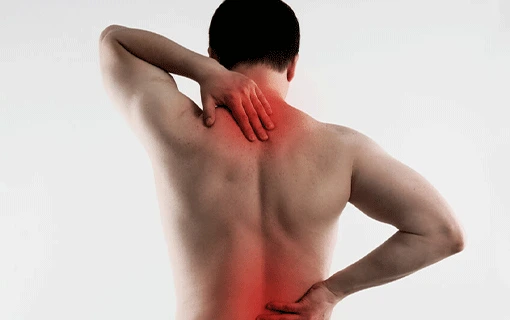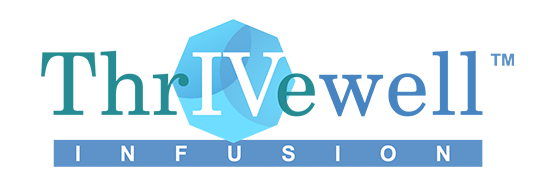Conditions / Polymyositis
Polymyositis

Overview
Polymyositis is a rare, chronic inflammatory muscle disease that causes progressive muscle weakness, especially in the muscles closest to the trunk of the body. It is considered an autoimmune condition, meaning the body’s immune system mistakenly attacks its own muscle tissue. The condition typically develops in adults between the ages of 30 and 60 and affects more women than men. Polymyositis can lead to difficulty with everyday activities like climbing stairs, lifting objects, or rising from a seated position. Although there is no cure, early diagnosis and treatment can help manage symptoms, improve muscle strength, and maintain quality of life.
Symptoms
Symptoms of polymyositis often develop gradually over weeks or months. Common signs include:
• Progressive muscle weakness: Usually affects the shoulders, hips, neck, and thighs.
• Difficulty swallowing (dysphagia): If throat muscles are involved.
• Fatigue after minimal exertion.
• Muscle tenderness or aching.
• Trouble rising from a chair, climbing stairs, or lifting arms.
• Shortness of breath: If chest muscles or lung function are affected.
When to see a doctor
See a healthcare provider if you experience:
• Persistent muscle weakness that worsens over time.
• Trouble performing daily tasks due to weakness.
• Difficulty swallowing or speaking clearly.
• Shortness of breath without obvious cause.
• Muscle pain or fatigue with no known trigger.
Seek immediate medical attention if you experience:
• Sudden, severe muscle weakness.
• Difficulty breathing or swallowing.
• Chest pain or irregular heartbeat.
Causes
The exact cause of polymyositis is unknown, but it is thought to be an autoimmune disorder. Potential contributors include:
• Autoimmune reaction: The immune system attacks muscle fibers as if they were harmful invaders.
• Genetic predisposition: Some individuals may inherit a higher risk.
• Viral infections: Certain viruses may trigger or worsen the immune response.
Risk Factors
You may be at greater risk for polymyositis if:
• You are between 30 and 60 years old.
• You are female.
• You have other autoimmune disorders, such as lupus or rheumatoid arthritis.
• You have a family history of autoimmune diseases.
Complications
If left untreated, polymyositis can lead to:
• Permanent muscle weakness or atrophy.
• Difficulty swallowing, increasing the risk of choking or aspiration pneumonia.
• Breathing problems: Due to involvement of respiratory muscles.
• Heart inflammation (myocarditis) or arrhythmias.
• Increased risk of cancer: Especially in older adults with associated autoimmune features.
Medical Risk
Polymyositis is managed through a combination of medication, physical therapy, and lifestyle adjustments. Common treatments include:
• Corticosteroids: Such as prednisone to reduce inflammation.
• Immunosuppressive drugs: Like methotrexate or azathioprine for long-term control.
• Physical therapy: To improve muscle strength and prevent contractures.
• Speech or swallowing therapy: If throat muscles are involved.
• Regular monitoring: To assess lung, heart, and muscle function.
Potential risks of treatment include:
• Side effects from corticosteroids: Such as weight gain, high blood pressure, and increased infection risk.
• Weakened immune system: Due to immunosuppressants.
• Delayed diagnosis: Which may result in irreversible muscle damage.
With early intervention and consistent treatment, many individuals with polymyositis can manage their symptoms and maintain independence in daily activities.
Medications We Offer
At Thrivewell Infusion, we offer therapies for Polymyositis that reduce inflammation, improve muscle strength, and support patient mobility.
• IVIG
• Rituxan
